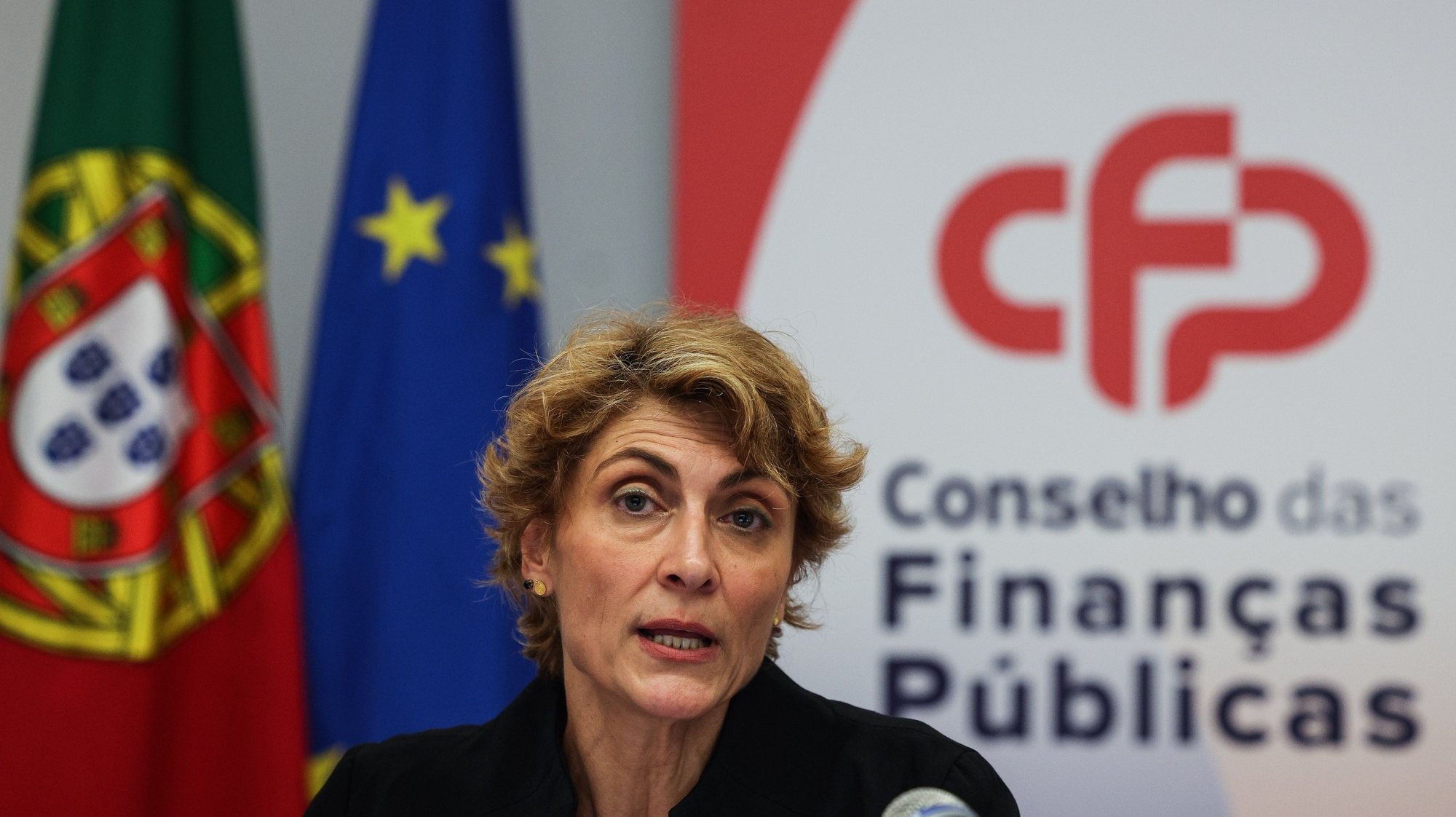The president of the Public Finance Council (CFP), Nazaré da Costa Cabral, considered this Wednesday, April 26, that the provisional increase in pensions goes beyond restoring purchasing power, with the risk that the assumed spending will condition the increases future salaries.
Heard at the Budget and Finance Committee, within the scope of the Stability Program (PE) 2023-2027, Nazaré da Costa Cabral, referred to the need to “be very careful with the State’s structural expenses”, recalling the option that was This was done by the Government by carrying out a provisional increase in pensions — of 3.57% as of July.
Which pensioners will receive the medium-term increase? And when? What will happen to the pension formula? 8 answers
Here there was an increase in public spending, an expense that, in turn, will also affect the future behavior of spending, increasing that spending by another billion euros with pensions and, therefore, here we have an effect, in fact, on pensions that can then condition another type of spending, which is spending on salary increases for public administration workers,” said Nazaré Costa Cabral.
Considering that there are currently needs to respond to inflation, specifically in terms of public administration salaries, the president of the CFP stressed that, given this scenario, “there are options to be made”, indicating that the Government has already made a decision ”. that it was to reinforce pensions, in fact, I would even say, beyond what would be necessary in terms of strict substitution of purchase substitution.
In this context, he specified that in order to ensure that the pension update base from 2024 is the normal base if the updates had been made from the beginning in accordance with the law, this would be obtained if the extraordinary increase in half pension that was done last year, to the update done earlier this year.
Reiterating the need to take care of the management of structural spending, he recalled that the public debt situation is not under control and that the options must take into account the intergenerational logic.
The Finance Council leaves doubts about the increase in spending in the stability program without amendments
In its analysis to the PE, released this Monday, the CFP considers that there will already be a budget surplus in 2024, three years earlier than estimated by the Ministry of Finance in the same document, also predicting a more favorable projection for the public debt than what that of the Government.
A recalculation of the PPP for the budget variables, taking as a reference the balance calculated by the national statistical authorities for the year 2022 and the PE/2023 assumptions, indicates that “as of 2024, the budget balance will reach a surplus of 0. 4% of the Gross Domestic Product (GDP) to stabilize at this level by the end of 2027”.
In the case of debt, the PPP projection “shows a more favorable evolution, with the debt ratio standing at 90.3% of GDP in 2027, mainly due to the less unfavorable contribution of the interest rate effect”.
In the Stability Program, the Government includes an upward revision of the growth forecast for the Portuguese economy this year, up to 1.8% (compared to the 1.3% forecast in October), of the inflation rate, up to 5.1% (above 4%), and revises the budget deficit downward, forecasting it for this year at 0.4%, below the 0.9% consigned in the General State Budget.
Regarding the public debt ratio, the executive estimates that it will drop to 107.5% this year and remain below 100% in 2025.
The 2023-2027 Stability Program is debated this Wednesday by the plenary session of the Assembly of the Republic.
“Poor” growth and “optimistic” drop in inflation. The projections of the Stability Program do not excite economists
Source: Observadora
